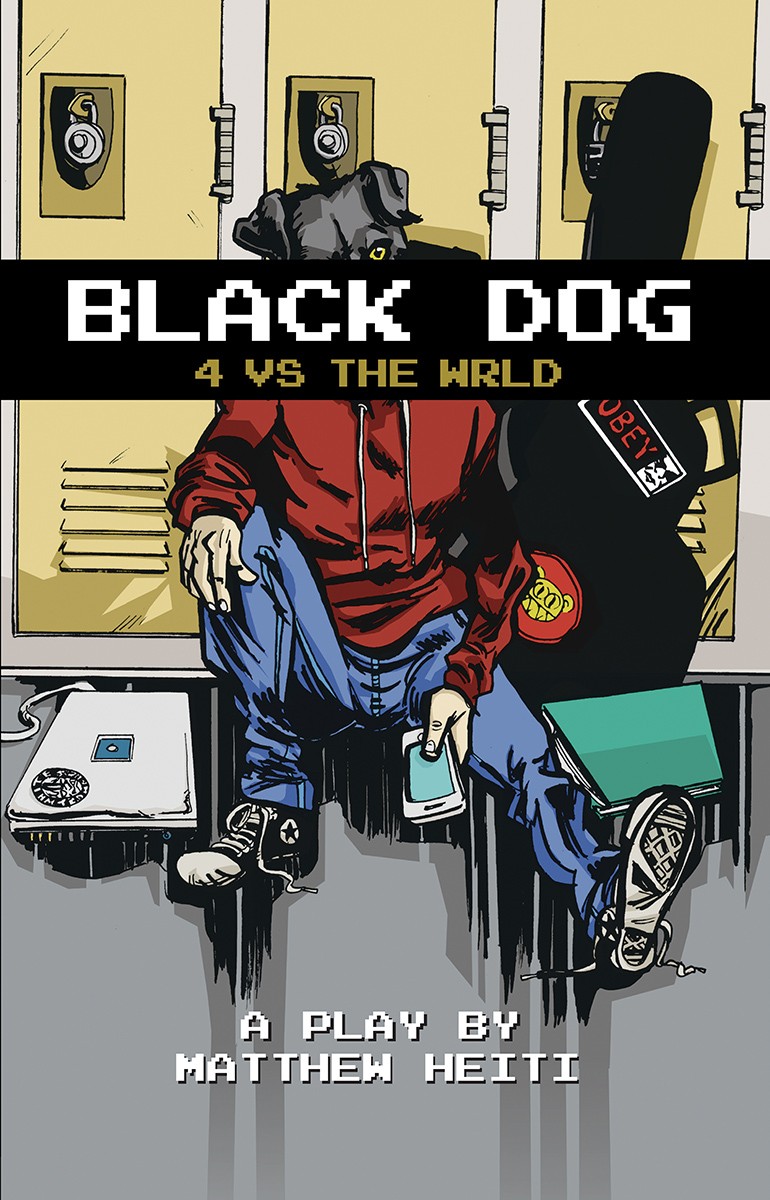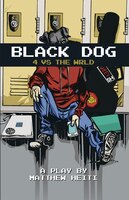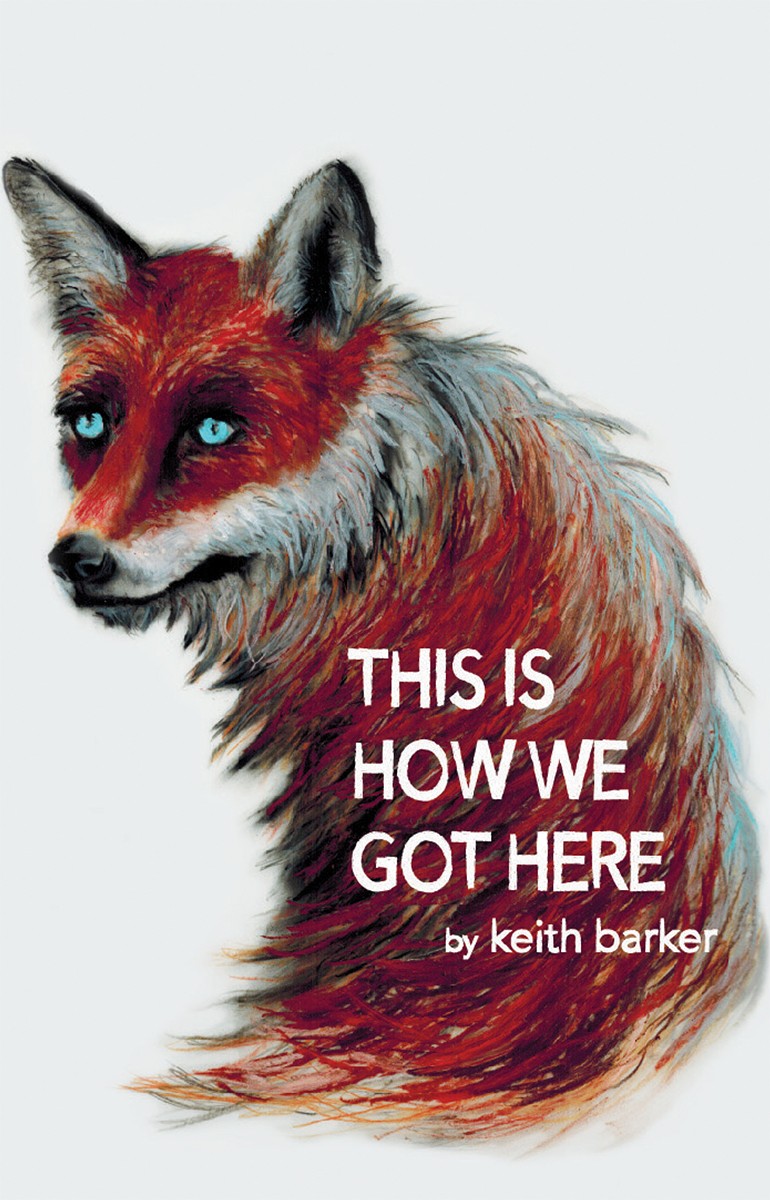
I received a copy of the play “Black Dog: 4 vs the wrld” from Playwrights Canada Press in exchange for a free and honest review.
If you have been reading my reviews for awhile, you know that I love reading plays. I love reading notes on scripts. I love reading notes on staging. I love it, even if I don‘t get an opportunity to watch the play on stage, as it is in this case. “Black Dog: 4 vs the wrld” by Matthew Heiti was commissioned by Sudbury Theatre Centre and premiered there in April 2013.
The moment I read the synopsis of this play, I knew immediately that I had to read it.
Synopsis:
The Breakfast Club meets Shirley Jackson in a fusion of live theatre and technology that tells a darkly comic but hopeful story of found teenage outsiders struggling with death, depression and the shadow of a black dog.
The topic of mental health is prevailing in the play. Not only the play opens with the honestly shocking statistics regarding mental health and suicide rates in Ontario and in the world, but the performance itself consistently keeps reminding the audience of the subject matter.
I will allow myself to include the quote from the "notes on the text":
“More than ever, there is the tendency in our Wikipedia-obsessed society to self-diagnose and slap easy labels on people. It’s in our language - we say. “He’s a schizophrenic”, when we should say “He is a person with schizophrenia.”
It can’t be more true, as we often hear our peers and friends throw around such phrases as “I clean all the time. I am so OCD about it”, or “This is giving me anxiety”, or “I am so depressed about it”. Even though, all of those feelings and emotions might be valid and true for the speaker, the easy way of appropriating such labels is detrimental for the people who truly suffer from mental illnesses or the representation of their stories.
The staging notes of “Black Dog” captivated me even before I got to the script itself. The play uses technology and live twitter feed as part of the performance, and the audience is encouraged to use their cellphones - something that is never the case in live theatre.
The play kept me on my toes throughout. I read it almost in one go while commuting on a bus (and, yes, I almost did miss my stop in a very typical booknerd way). I remember walking through the quiet streets of Lakeshore Boulevard and thinking that one of those houses could be the home of One and Two. Or, perhaps, Four. That behind those walls there might be someone like one of those teenagers, suffering and alone, unheard.
The play is fast-paced with a staccato dialogues and the increasing crescendo of anxiety. You can tell that something bad is about to happen. That the black dog is getting closer and is about to pounce. The ending came, and I was left with the feeling of mounting depression. It was too real and in some ways too close home to brush off as a piece of fiction. I found it hard to step away from the characters and the plot and found my thoughts return to both again and again in the following days.
Five: [...] These are the things I keep to myself because they make me different. / And different’s just one more word for alone.
Is the plot completely original? No, we have seen it done in many ways many times before. Was it meant to be original? No. (Well, yes, but also no.)
As Matthew in the beginning, he tried to create those characters as representatives of a whole spectrum of mental health and illnesses. Numbers instead of names, symptoms of multiple disorders instead of labels. Those kids are like countless nameless victims of a spreading plague - unique and faceless at the same time. This play, like many other stories that touch upon the subject, is meant to make you uncomfortable and aware of those who suffer. I can only applaud the author.
Personal rating: 5 stars
Buy “Black Dog: 4 vs the wrld” by Matthew Heiti"





